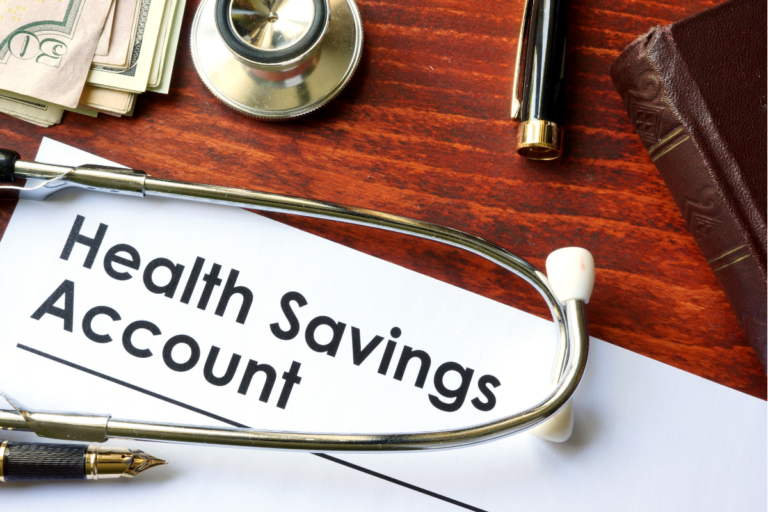Last updated Aug. 26, 2024 by Charles Zemub
Are Open Houses Worth It?
Open houses have long been a common practice in the real estate industry, serving as a key marketing strategy to attract potential buyers to view homes for sale. However, in the digital age, where virtual tours and online listings are increasingly prevalent, the necessity and effectiveness of open houses are frequently questioned. This article explores the pros and cons of open houses, evaluates their effectiveness, and provides insights into whether they are worth the time and effort for sellers and real estate agents.
The Historical Perspective of Open Houses
Open houses date back to the mid-20th century when the real estate market was primarily offline. They served as crucial events where interested buyers could physically visit properties, talk to the listing agent, and get a genuine feel of the house. During these times, open houses played a dominant role in real estate marketing.
The Purpose of Open Houses
-
Exposure: One of the primary goals of an open house is to gain exposure. Sellers and agents aim to attract a wide range of potential buyers in a short period.
-
Convenience: Open houses allow multiple potential buyers to view the property in a single time window, saving the seller from scheduling numerous individual viewings.
- First Impressions: The condition, staging, and ambiance of the home during an open house can create a powerful first impression, which can be pivotal in a buyer’s decision-making process.
Are Open Houses Effective?
The Pros
-
Increased Foot Traffic: Open houses can bring in a significant amount of traffic, including buyers who might not have scheduled an individual viewing otherwise.
-
Market Insights: Sellers can gain valuable feedback about their home and its pricing based on visitors’ comments during an open house.
-
Generating Buzz: Open houses can generate a sense of urgency and competition among buyers, potentially leading to quicker sales and better offers.
-
Convenience for Sellers: Instead of coordinating multiple showings, an open house consolidates interest into a single event, making the process more manageable.
- Networking: Neighbors and other attendees may spread the word about the listing, indirectly enhancing the property’s visibility.
The Cons
-
Security Concerns: Open houses inevitably invite strangers into the home, which raises concerns about theft or damage.
-
Serious Buyers Might Not Attend: Critics argue that serious buyers will schedule a private showing rather than attend an open house. Hence, the attendees might not always be genuinely interested in buying.
-
Time and Preparation: Hosting an open house requires significant preparation, including cleaning, staging, and marketing, which can be time-consuming and costly.
- Low Conversion Rate: Statistics suggest that a relatively small percentage of homes sell as a direct result of an open house.
Modern Alternatives
As technology advances, new methods for showcasing homes have emerged:
-
Virtual Tours: Virtual tours and 3D walkthroughs allow buyers to view properties from the comfort of their homes. They can get a detailed sense of space and layout without needing to attend an open house.
-
Online Listings: High-quality photos, videos, and detailed descriptions on real estate websites provide potential buyers with comprehensive information about the property.
- Social Media Marketing: Platforms like Instagram, Facebook, and LinkedIn are increasingly used for targeted advertising, reaching potential buyers where they most frequently spend their time.
When Are Open Houses Worth It?
Despite the challenges, there are scenarios where open houses might still be worthwhile:
-
Hot Markets: In highly competitive real estate markets, open houses can still draw significant traffic and stimulate multiple offers.
-
Unique Properties: Homes with unique features or layouts that are best appreciated in person can benefit from open houses.
-
Local Buyers: For properties in communities with high local engagement, open houses might attract neighborhood buyers who prefer to view homes the traditional way.
- New Listings: At the launch of a new listing, an open house can capitalize on the initial excitement and curiosity about the property.
Preparing for an Open House
If you decide to hold an open house, here are some steps to ensure it is successful:
-
Marketing: Publicize your open house through online listings, social media, local newspapers, and flyers.
-
Staging: Present your home in the best possible light. Declutter, deep clean, and arrange furniture to highlight space and flow.
-
Timing: Schedule your open house during a period when you expect the highest turnout, typically weekends or after work hours.
- Engagement: Be prepared to answer questions about the property, the neighborhood, and the local market.
Conclusion
The effectiveness and worthiness of open houses in the real estate market largely depend on various factors, including market conditions, property type, and target audience. While modern technology offers numerous alternatives to traditional open houses, they still hold value in creating personal connections and immediate impressions.
Ultimately, whether to hold an open house should be a strategic decision based on a thorough evaluation of potential benefits and challenges. Sellers and agents need to weigh these factors to determine the most effective approach for marketing a property.
Frequently Asked Questions (FAQs)
✓ Short Answer
Open houses can increase property exposure, generate buzz, and provide market feedback but also raise security concerns and attract non-serious buyers.
Q: Are open houses still relevant today?
A: Open houses are still relevant, particularly in hot markets and for unique properties, although their effectiveness may vary.
Q: What are some alternatives to open houses?
A: Alternatives include virtual tours, online listings, and social media marketing.
Q: Do open houses help in selling a home faster?
A: Open houses can create urgency and attract multiple offers, potentially leading to quicker sales, but the conversion rate is generally low.
Q: How do I prepare for an open house?
A: Ensure effective marketing, stage your home well, choose the right timing, and be ready to engage with visitors.
Q: What should I consider when deciding on an open house?
A: Consider market conditions, property type, and target audience to determine if an open house is the best strategy.
By carefully weighing the pros and cons, sellers and agents can decide whether open houses are the right fit for their property and market strategy. Whether you embrace traditional open houses or lean towards modern digital alternatives, the ultimate goal remains the same: attracting the right buyer and closing the sale successfully.






